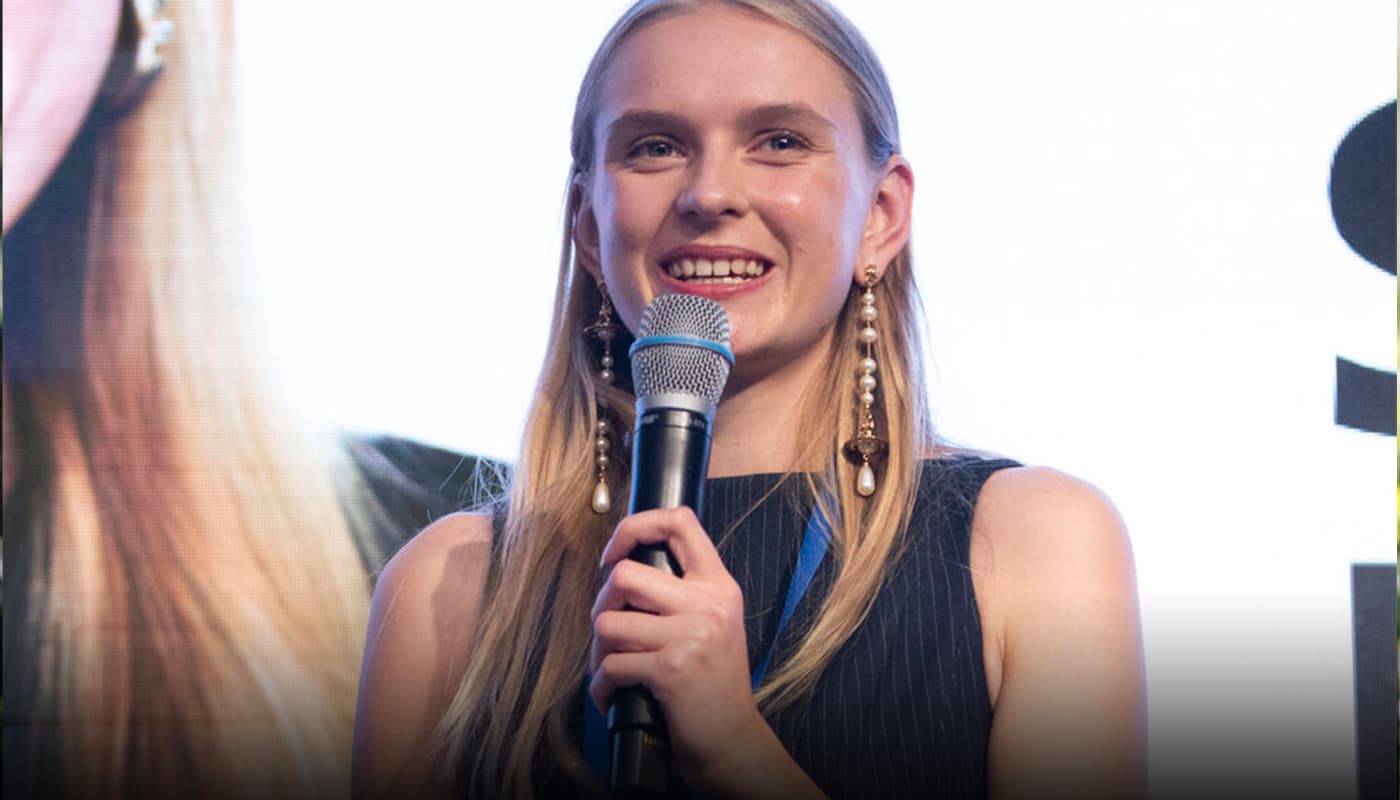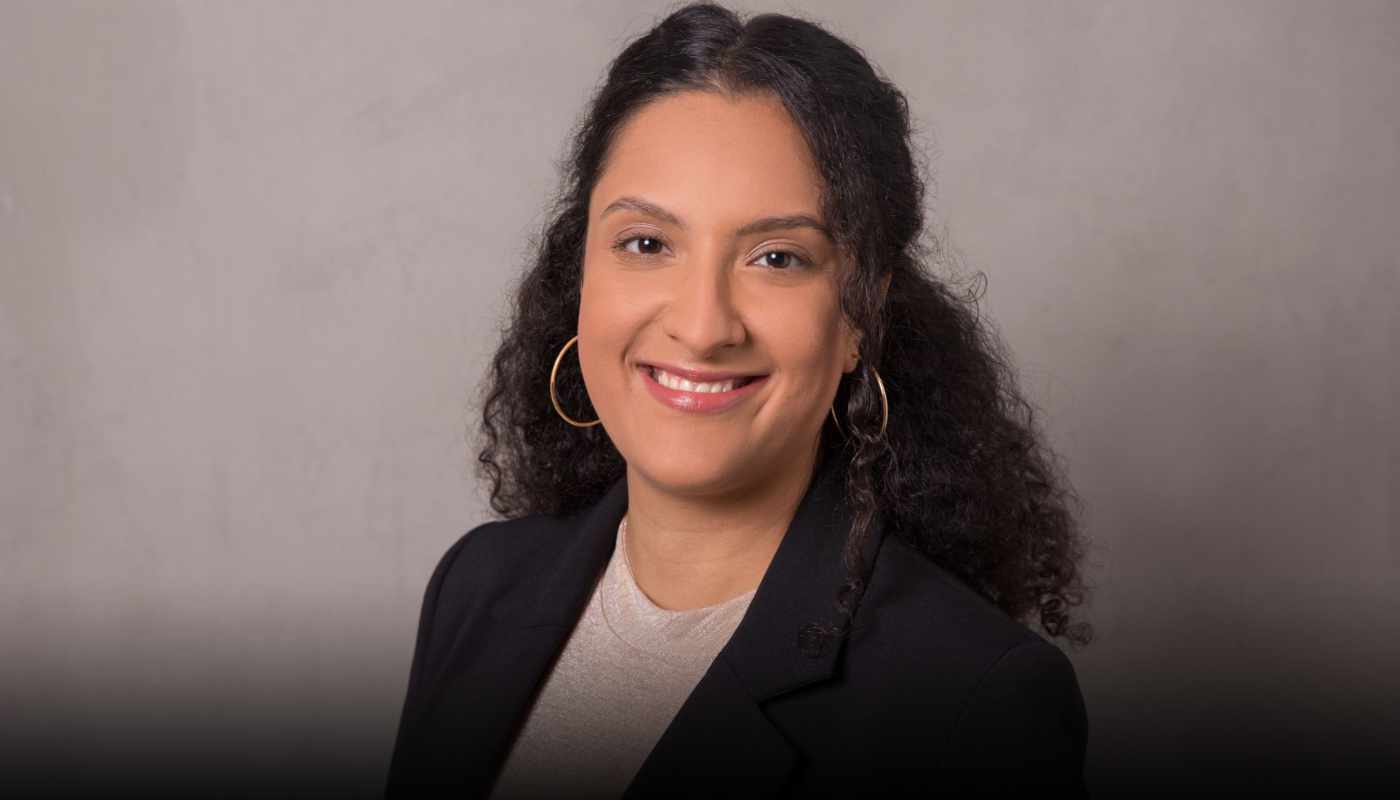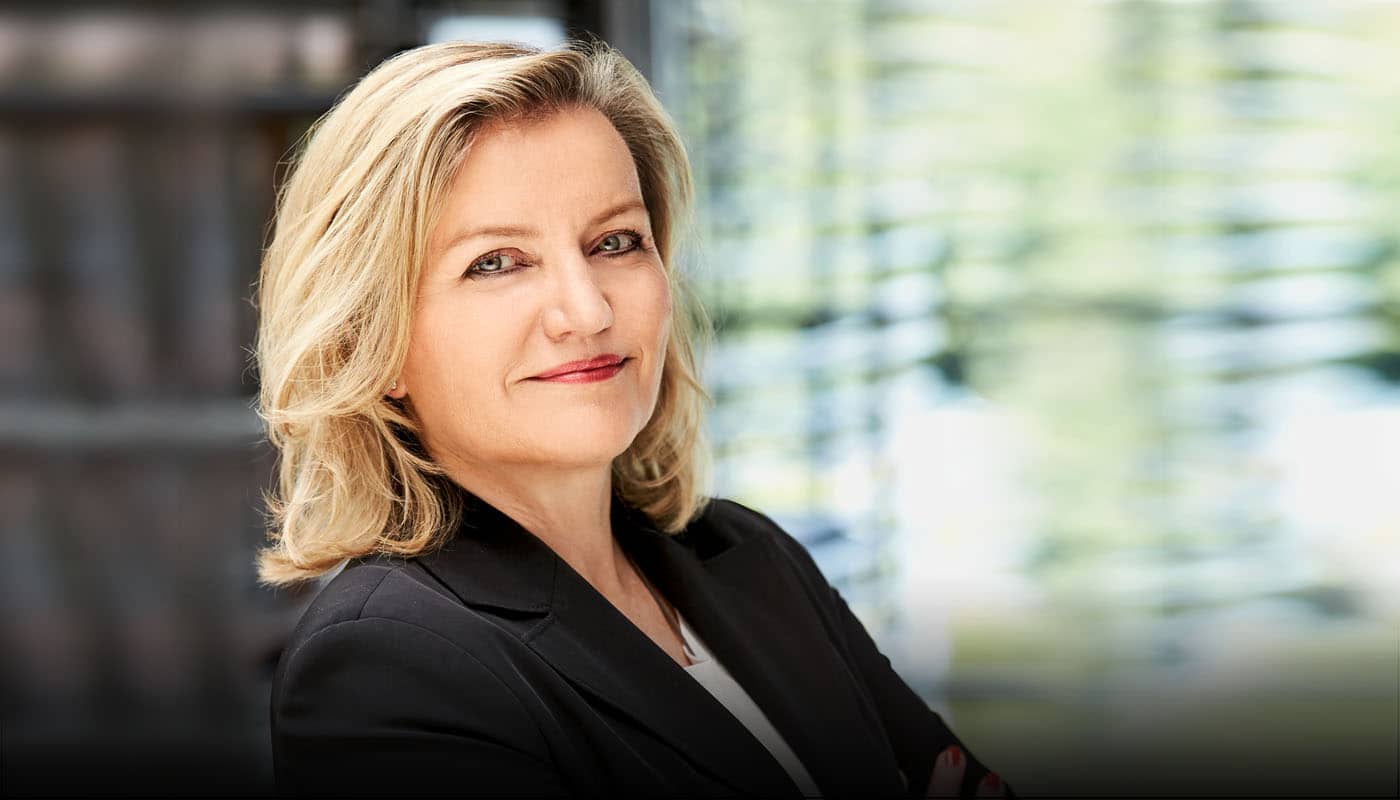Controllers have existed for many years and represent one of the most important positions in companies. The profession of Data Scientist, on the other hand, has become increasingly popular in recent years and is now even described as the sexiest job of the 21st century. In the career meetup Eva Habermann, Controller and Data Analyst, will review the two functions of a Controller and a Data Scientist and displays in which way they differ, what skillset they are based on and what role the two positions currently play in companies.
„Data is knowledge, knowledge is power – and power is sexy!“
herCAREER: Why is the profession of Data Scientist now even described as the sexiest job in the 21st century?
Eva Habermann: The profession of Data Scientist was already called “the sexiest job in the 21st century” by the Harvard Business Review in 2012. Back then, the job title was rather new and professionals carrying it were mainly recruited from other fields of scientific research, such as physics. Over the last decade the importance of data in companies and organizations has further increased and so has the demand for employees with the capability of extracting insights from data that support corporate decision making. Whether large amounts of data have already been sitting in organizations untouched or are newly provided by innovative technologies, today the Data Scientist is more popular than ever. Behind this trend is our human urge to get to the core of things and to really understand motive and coherences. To put it in a nutshell: data is knowledge, knowledge is power – and power is sexy!
herCAREER: In which way do the two functions of a Controller and a Data Scientist differ?
Eva Habermann: The two functions get compared to each other quite often due to their broad range of similarities. Looking at their main tasks, both functions take care of data gathering, preparation, analysis, and visualization. Both need to be equipped with analytical thinking and problem-solving capabilities, a strategic and proactive mindset, excellent communication skills as well as profound knowledge about the business itself. In addition, they mainly work with data from the past to predict future outcome, e. g. revenue or customer behavior. While the main target of the Data Scientist in this context is predicting the future as precisely as possible, the Controller’s target also includes hitting the predefined objectives of planning. Therefore, it is also a Controller’s main task to initiate measures if the achievement of goals is at risk. Another difference is the kind of data both functions work with. Controllers mainly work with structured data coming from an already validated data source while Data Scientists often need to first find a suitable data source, then clean and structure the available data themselves. Also, the Controller mostly looks at data with a specific need or question in mind while the Data Scientist sometimes has an existing data set and their task is to find information therein, e. g. patterns or structures. In general, the Data Scientist is left with more complex questions and problems to solve. These differences in practice are the foundation for dissimilar educational backgrounds the functions usually have. The Controller has a business administration background bringing along detailed knowledge in financial KPIs as well as accounting and reporting processes and structures. The Data Scientist has a background in math/statistics or computer science leading to a broad skill set in analytical methods, statistical modeling, programming, and machine learning.
herCAREER: What role do the two positions actually play in companies?
Eva Habermann: Well-established in companies for decades, the characteristics of Controllers have changed over time. While the position used to be seen as a “nitpicker” mainly making sure that the reported data is correct, Controllers today are rather seen as business partners or consultants to the management. In most companies the controlling department works closely with the senior management and supports them in their data needs. Controllers are assigned with keeping the company on track through e. g. detecting potential cost savings or potentials for business development. As Data Scientists are comparably new to the business world their role hasn’t changed as much over the last years but their possible applications in companies have gotten continuously broader. Today, Data Scientists are appointed to grow and strengthen the business by e. g. improving products as well as internal and external processes. Usually, they are also in close exchange with the management due to their strategic focus.
herCAREER: At herCAREER, the focus is on professional exchanges, which is based on the personal experiences and the knowledge of the sparring partners. As an organizer, it is also in our best interest to support women beyond the exhibition and make our networks accessible. We would therefore like to ask you if you would also act as a sparring partner in addition to the expo participation. If so, we would ask you to name the topics for which you would act as a sparring partner in bullet points.
- Controlling
- Data Science
- Analytics
- Data
- Female Empowerment
Use one of the ways to contact the interviewee and refer to the herCAREER community interview.
About this person
Eva Habermann studied Business Administration at Technische Hochschule in Nuremberg and as a Visiting Graduate Student at Columbia University in the US. She started working in the field of financial controlling for a carsharing company in Munich being responsible for two corporate markets. After three years Eva joined the data analytics department of a big car rental company in Munich getting deeper involved with data. Today, she is working as a Performance Controller at Siemens Mobility focusing on process optimization and automation.
The MeetUp is presented by Women in Data. This MeetUp is part of the Career MeetUps at herCAREER 2021, see program for location and time.












